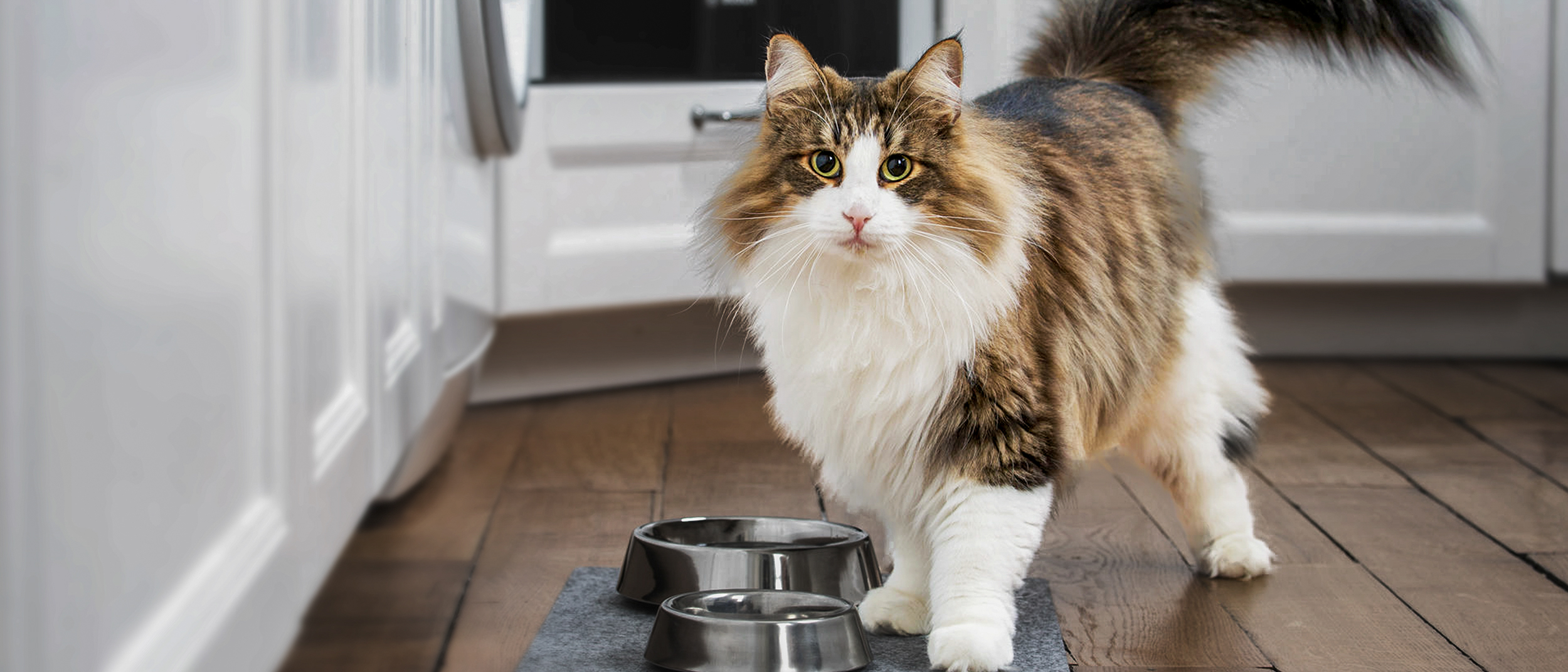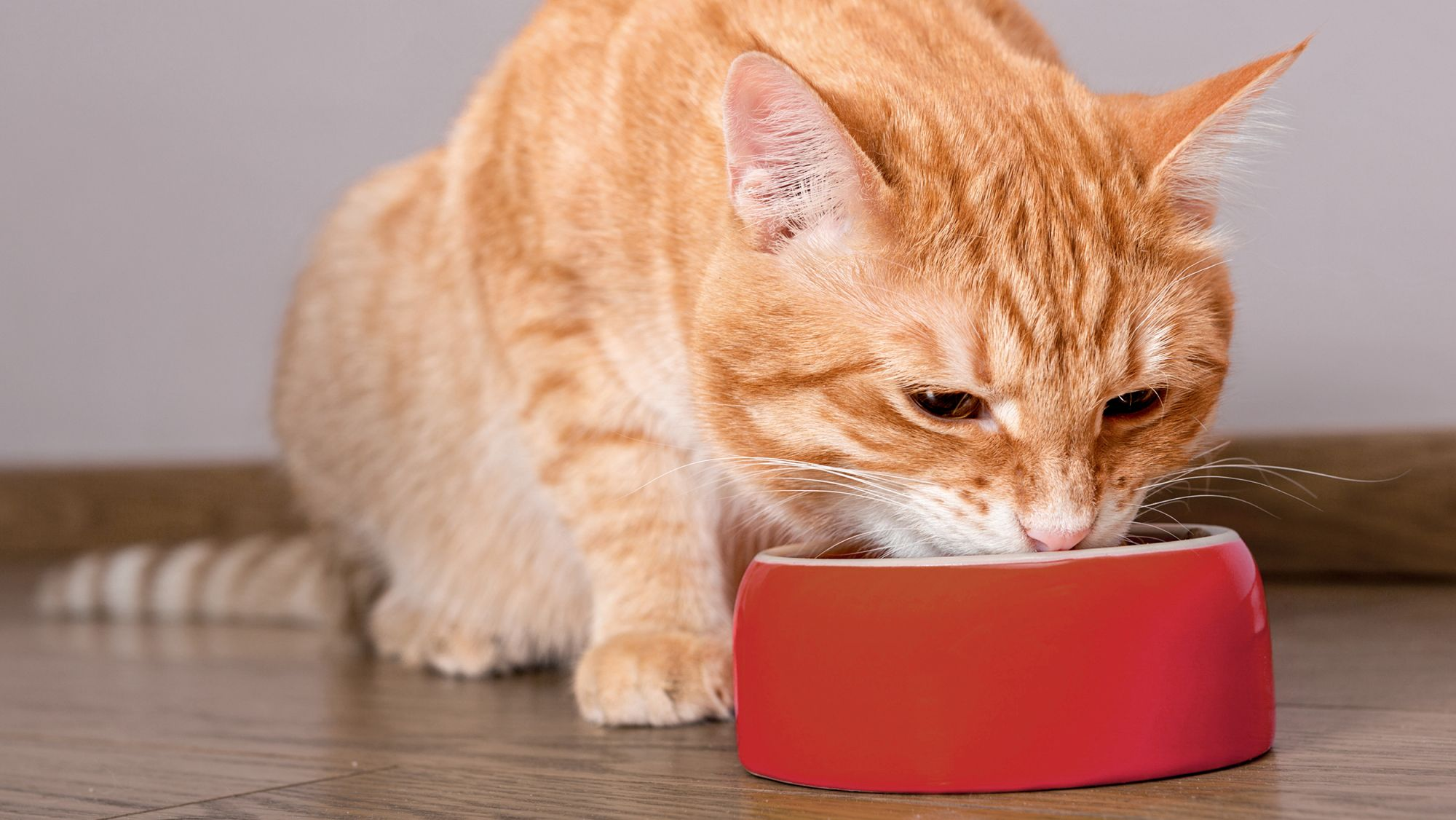How your cat's diet affects its skin health

Your cat’s skin is the largest organ in its body and performs several vital functions. It protects your cat from external irritants, helps keep it insulated, and reduces water loss which can leave cats dehydrated. Having healthy skin is therefore very important for your cat's overall health.
A number of different factors influence the condition of your cat’s skin. These include its age, breed, and genetic makeup. It also includes the cat’s hygiene and the environmental conditions which it's exposed to, in and out of the home. A significant contributing factor to your cat’s skin health is its diet; without the right set of nutrients provided by a balanced diet, your cat’s skin is less likely to be healthy and function effectively.
What do cats need for healthy skin?
There are three layers to a cat’s skin, plus three different types of hair, each of which has a unique function and must be supplied with different nutrients to keep it working effectively. A nutritionally-balanced food should give your cat everything it needs to support skin and hair health, from protein to a blend of specific minerals.
Your cat’s skin health and protein
Protein is essential for skin cell renewal and strong hair growth in the form of keratin. Due to skin’s constant cell multiplication and renewal, it uses a lot of protein. Without the right amount of protein in your cat’s diet, you might notice their hair seems thinner or more brittle, which reduces its protective qualities.

Essential fatty acids and a cat’s skin
Another important set of nutrients is essential fatty acids. These include omega 3, particularly EPA and DHA, and omega 6, all of which help maintain the integrity of your cat’s skin and contribute to the growth of healthy hair. Cats are unable to synthesise some essential fatty acids internally, so they have to get them through their diet. A deficiency of these crucial nutrients can result in matted or discoloured hair, patches of scaliness and water loss through the skin.
The impact of vitamins on your cat’s skin
A variety of different vitamin complexes are needed to keep your cat’s skin and hair functioning well. Vitamin A helps to regulate cell growth, while the vitamin B group metabolises fats, proteins and carbohydrates. Vitamin E is a natural antioxidant, supporting the immune system that’s present in your cat's skin, while biotin is important to support skin’s integrity. Without these vitamins, your cat might suffer from hair loss, a poor-quality coat, scaliness and problems in how it produces keratin, the main component of hair.
Your cat’s skin and minerals
There are two minerals which are key to healthy skin and hair in your cat. First, zinc, which has a multi-functional role and is critical in the mechanisms of all cells in your cat’s body. Second is copper, which is used in the creation of hair and its pigmentation. A lack of zinc or copper in your cat’s diet can result in a coat that’s poor quality, a poor colour, and grows very slowly.
Although there are genetic factors which have an impact on your cat’s skin health, by choosing an appropriate diet which includes all the nutrients they need you can support them in developing a strong, healthy skin and coat.
Related Articles
Find a vet
If you have any concerns about your cat’s health, consult a vet for professional advice.
Like & share this page